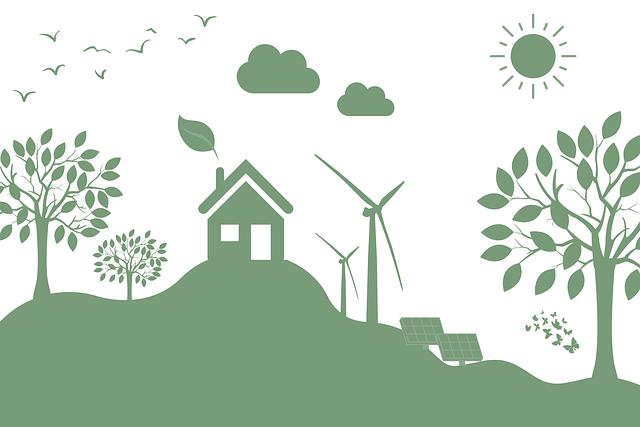Pakistan’s Transition to Sustainable Energy: Environmental and Economic Impacts
As the world grapples with climate change, countries like Pakistan are making significant strides towards a sustainable energy future. Transitioning from traditional fossil fuels to renewable energy sources is not just a necessity; it’s an opportunity for Pakistan to boost its economy while safeguarding the environment. This article explores the environmental and economic impacts of Pakistan’s shift towards sustainable energy, providing valuable insights and practical tips for individuals and businesses alike.
Understanding Pakistan’s Energy Needs
Pakistan has a burgeoning population and rapidly increasing energy demands, necessitating a shift in energy policy. Currently, about 65% of Pakistan’s energy comes from fossil fuels, leading to severe air pollution and contributing to global warming. The Pakistan government has initiated various policies aimed at integrating renewable resources, such as solar, wind, and hydropower, into its energy mix.
Environmental Impacts of Pakistan’s Transition to Sustainable Energy
Reduction of Greenhouse Gas Emissions
- Shifting to renewable energy can reduce Pakistan’s overall carbon footprint.
- Solar and wind energy generation emit virtually no greenhouse gases during operation.
Conservation of Natural Resources
- Renewable energy diminishes reliance on depleting fossil fuels.
- It helps preserve wildlife and natural ecosystems, minimizing habitat destruction.
Improved Air Quality
Transitioning to cleaner sources of energy can significantly improve the air quality across urban areas plagued by smog and pollution. Reduced emissions from energy production can lead to:
- Lower healthcare costs related to pollution-associated illnesses
- Enhanced quality of life for residents
Economic Impacts of Sustainable Energy Transition
Job Creation
The renewable energy sector is labor-intensive compared to fossil fuels. Investments in solar, wind, and hydropower projects create numerous jobs, including:
- Installation and maintenance of renewable energy systems
- Research and development positions in green technology
- Manufacturing and supply chain roles in solar panels and turbines
Energy Independence and Security
As Pakistan increases its domestic energy production through renewables, it reduces reliance on imported fossil fuels, enhancing national security and energy independence.
Economic Growth and Investment Opportunities
The shift to sustainable energy presents various investment opportunities. Favorable government policies, like tax incentives for renewable energy projects, can attract both local and foreign investment, fostering economic growth.
Benefits of Sustainable Energy Transition
| Benefits | Description |
|---|---|
| Cost Savings | Lower operational costs compared to fossil fuels. |
| Sustainability | Ensures a clean energy supply for future generations. |
| Resilience | Enhances the energy system against disruptions. |
| Social Impact | Improves living standards through better energy access. |
Case Studies of Successful Renewable Energy Projects in Pakistan
Thar Coal Project
The Thar coal project aims to develop coal reserves for energy production with less environmental impact compared to traditional coal energy methods.
Solar Power Initiatives
Projects like the Quaid-e-Azam Solar Park in Bahawalpur, which spans over 18 square kilometers and has the capacity to generate 1,000 MW, exemplify the potential for solar energy in Pakistan.
Practical Tips for Contributing to a Sustainable Energy Future
- Utilize solar panels for your home or business.
- Invest in energy-efficient appliances to reduce consumption.
- Engage with local projects or initiatives focused on renewable energy.
Conclusion
Pakistan’s transition to sustainable energy is not only vital for environmental preservation but also presents significant economic opportunities. By embracing renewable energy, Pakistan can address its pressing energy needs, create jobs, and improve the quality of life for its citizens. The journey towards sustainability may present challenges, but the collective benefits for the nation and the planet are invaluable. As individuals and businesses become more environmentally conscious, the shift toward sustainable energy will be a cornerstone of Pakistan’s future progress.



